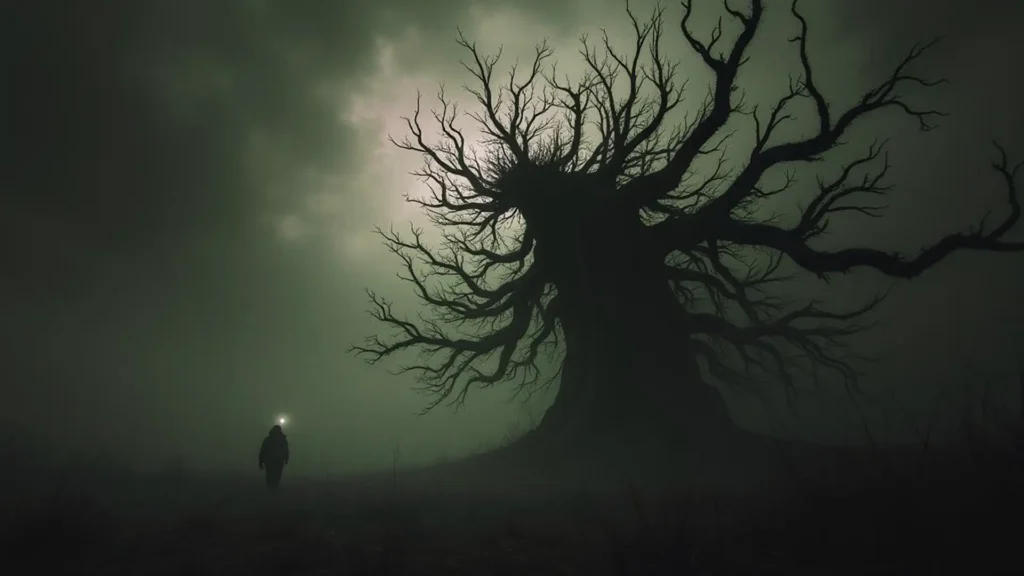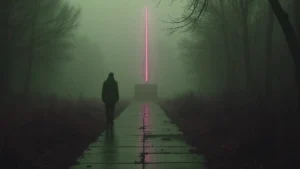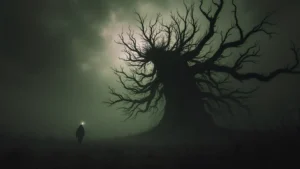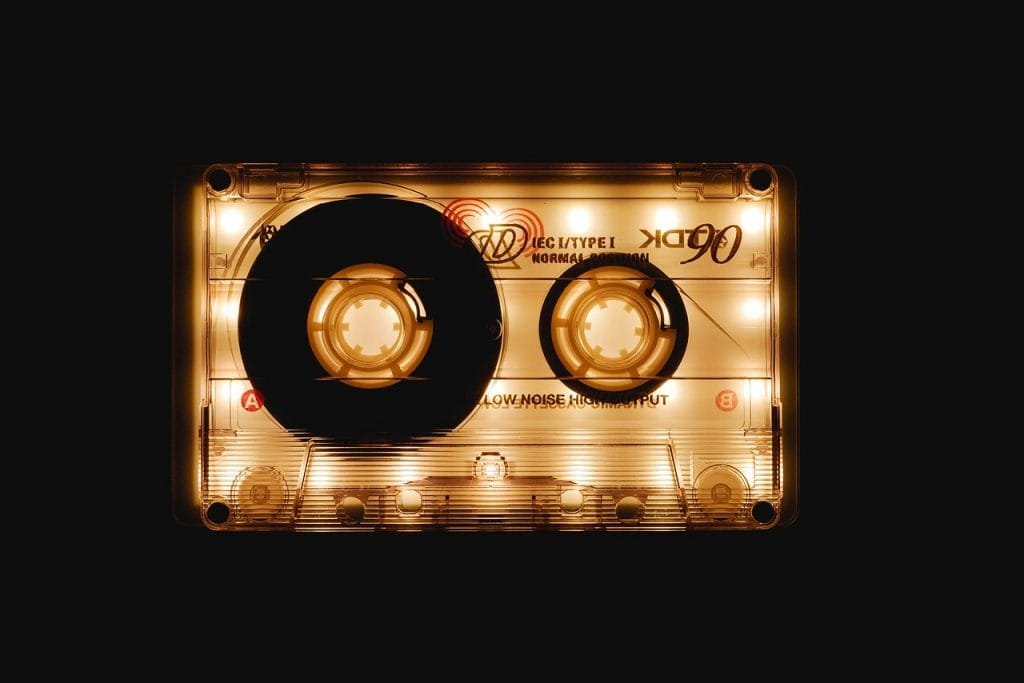Drone music stands as one of humanity’s most enduring and universal musical expressions, characterized by sustained tones, minimal harmonic changes, and a profound ability to alter listeners’ perception of time and space. This comprehensive exploration delves into its rich history, diverse manifestations, and continuing evolution across cultures and centuries, revealing how this fundamental musical approach has shaped and continues to influence musical expression worldwide.
The Foundations of Drone Music
Understanding the Drone Concept
At its core, drone music centers around sustained or repeated sounds, notes, or tone-clusters. This seemingly simple concept encompasses a vast range of musical practices, from ancient ritual music to contemporary experimental compositions. The fundamental characteristics of drone music include:
- Sustained tones or sounds
- Minimal harmonic movement
- Focus on texture and timbre
- Extended duration
- Emphasis on listening experience
These elements combine to create music that often transcends traditional Western concepts of melody, harmony, and rhythm, offering instead a deep exploration of sound itself.
Ancient and Traditional Roots
Indian Classical Music: The Sophisticated Foundation
The Indian subcontinent has developed one of the most sophisticated and enduring approaches to drone music through its classical traditions. The tanpura, a long-necked lute, provides the characteristic drone that underlies both Hindustani and Carnatic classical music. This drone, known as “sa,” serves multiple functions:
- Establishing the tonal center for melodic exploration
- Creating a harmonic foundation for improvisation
- Providing a meditative focal point for both performers and listeners
- Supporting the development of complex melodic structures
The tanpura’s unique design and playing technique create a rich harmonic spectrum that includes not just the fundamental tone but also carefully cultivated overtones. This sophisticated approach to drone production has influenced musicians and composers worldwide, particularly in the 20th and 21st centuries.
Australian Aboriginal Traditions: The Didgeridoo Legacy
The didgeridoo, developed by Indigenous Australians thousands of years ago, represents one of the world’s oldest drone instruments. Its significance extends far beyond its musical applications:
- Ceremonial and spiritual importance in Aboriginal cultures
- Complex playing techniques that combine drone with rhythmic elements
- Use in storytelling and cultural transmission
- Integration of circular breathing techniques
The didgeridoo’s influence has spread globally, inspiring contemporary musicians and contributing to various fusion genres that incorporate its distinctive drone qualities.
European Folk Traditions: Regional Variations
Europe’s rich musical heritage includes numerous drone-based traditions, each with distinct characteristics:
Bagpipes Across Cultures
- Scottish Highland pipes with multiple drone pipes
- Irish uilleann pipes featuring adjustable drones
- Bulgarian gaida used in traditional Balkan music
- French cornemuse central to folk music traditions
The Hurdy-Gurdy Evolution
This mechanical stringed instrument, known in France as the vielle à roue, combines drone strings with a melody string activated by a rotating wheel. Its historical significance includes:
- Popular use in medieval and Renaissance music
- Role in secular and sacred musical traditions
- Influence on later mechanical musical instruments
- Contemporary revival in folk and experimental music
Medieval and Renaissance Developments
Sacred Music and the Origins of Western Polyphony
The use of drones in European sacred music played a crucial role in the development of Western musical traditions:
Organum and Early Polyphony
- Development of parallel singing techniques
- Integration of sustained tones in liturgical music
- Evolution from simple to complex polyphonic structures
- Influence on later harmonic developments
Monastery Traditions
- Use of drone techniques in Gregorian chant
- Development of specific vocal techniques for sustained tones
- Integration of drone elements in communal singing
- Influence on later sacred music composition
The Modern Evolution: 20th Century Onwards
Avant-Garde Pioneers
The 20th century witnessed a revolutionary approach to drone music, led by innovative composers and performers:
La Monte Young and the Theatre of Eternal Music
- Development of extended duration performances
- Exploration of just intonation and mathematical tuning systems
- Influence on minimalist composition
- Creation of immersive sound environments
Young’s work, particularly pieces like “The Second Dream of the High-Tension Line Stepdown Transformer” (1962), established new paradigms for contemporary drone music.
Electronic and Technological Innovations
The advent of electronic music technology transformed drone music creation:
Early Electronic Experiments
- Development of electronic oscillators
- Tape loop techniques and manipulation
- Integration of found sounds and field recordings
- Creation of new timbral possibilities
Digital Technologies
- Software-based drone generation
- Virtual synthesizers and sound processing
- Advanced spectral manipulation techniques
- Real-time processing capabilities
Contemporary Manifestations
Drone Metal and Its Offshoots
The emergence of drone metal in the 1990s represented a significant evolution:
Key Developments
- Integration of extreme volume levels
- Use of heavily processed guitar tones
- Extended composition lengths
- Ritual and meditative aspects
Influential Artists and Works
- Earth’s pioneering approach to drone metal
- Sunn O)))’s theatrical presentations
- Boris’s experimental drone works
- Sleep’s epic-length compositions
Ambient and Electronic Drone
Contemporary electronic music has embraced drone techniques in various ways:
Ambient Drone Characteristics
- Focus on texture and atmosphere
- Integration of field recordings
- Use of generative processes
- Emphasis on spatial elements
Dark Ambient Evolution
- Development of ominous soundscapes
- Integration of industrial elements
- Use of found sounds and processing
- Creation of narrative through sound
Cultural and Psychological Implications
Meditative and Therapeutic Applications
Drone music’s potential for affecting consciousness has led to various applications:
Therapeutic Uses
- Sound healing practices
- Meditation support
- Stress reduction
- Focus enhancement
Psychological Effects
- Altered state induction
- Time perception changes
- Spatial awareness modification
- Enhanced introspection
Academic and Research Perspectives
Contemporary research has explored various aspects of drone music:
Scientific Studies
- Neurological effects of sustained tones
- Impact on meditation practices
- Influence on cognitive processes
- Therapeutic applications
Cultural Studies
- Role in various spiritual practices
- Social significance in different cultures
- Evolution of listening practices
- Impact on contemporary music
Technological Developments and Future Directions
Current Innovations
Modern technology continues to expand drone music possibilities:
Digital Tools
- Advanced synthesis techniques
- Spatial audio processing
- Machine learning applications
- Interactive installations
Distribution Platforms
- Streaming service adaptation
- Virtual reality integration
- Mobile applications
- Live streaming capabilities
Future Prospects
The future of drone music promises continued evolution:
Emerging Trends
- Integration with artificial intelligence
- Virtual reality environments
- Interactive experiences
- Cross-cultural fusion
Potential Developments
- New instrument designs
- Advanced processing techniques
- Novel performance practices
- Enhanced listener engagement
The Enduring Legacy of Drone Music
Drone music’s journey from ancient spiritual practices to contemporary experimental forms demonstrates its remarkable adaptability and enduring appeal. Its influence extends beyond musical boundaries, touching upon spiritual, therapeutic, and cultural domains. As technology advances and cultural cross-pollination continues, drone music remains a vital force in contemporary musical expression, constantly evolving while maintaining its essential character.
The genre’s ability to create profound listening experiences, alter consciousness, and bridge cultural divisions ensures its continued relevance in the musical landscape. Whether experienced through traditional instruments, electronic means, or emerging technologies, drone music continues to offer unique possibilities for both creators and listeners, suggesting a rich future of continued innovation and exploration.





